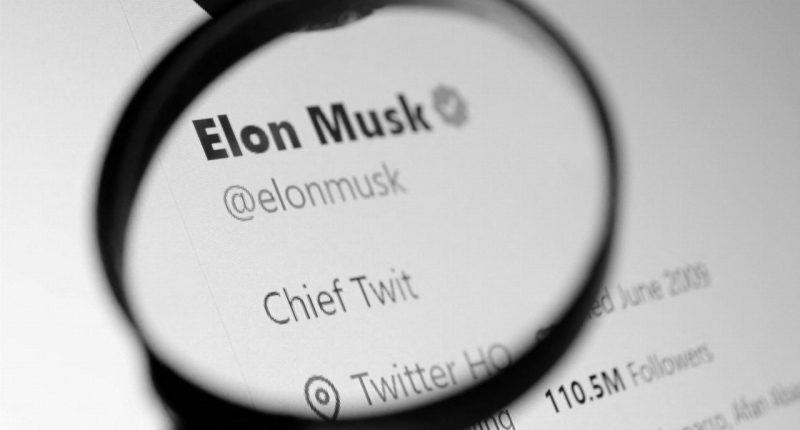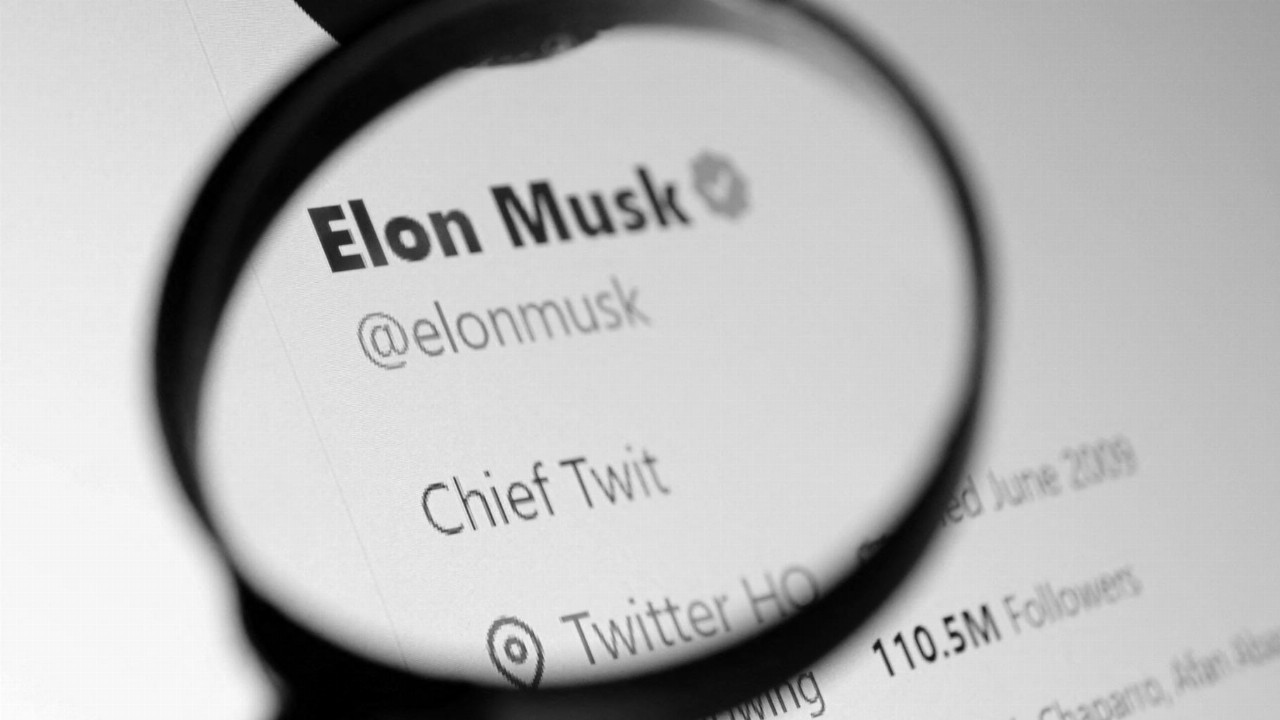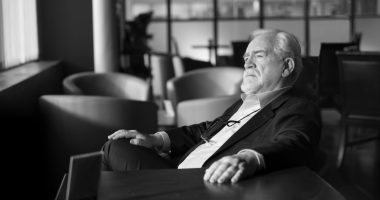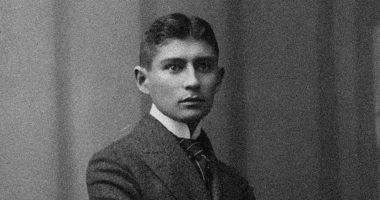Elon Musk is now the proud owner of Twitter. The danger here is not that we have a rogue billionaire in our midst — that has happened before, and it will happen again — but that this one will be in control of what he has rightly referred to as our “digital town square”.
Mr. Musk is the face of 21st-century tech-based, extreme capitalism, just as the robber barons, who built our railroads, and Andrew Carnegie, who supplied those railroads and the builders of modern American cities with steel, embodied the exuberant and expansive industrial capitalism of the late 19th and early 20th centuries.
Mr. Musk has exploited the opportunities emerging in a rapidly disintegrating regulatory state apparatus and acquired a small army of investors and a fleet of lobbyists, lawyers and fanboys (known as Musketeers). He has sought to position himself as a tech genius who can break the rules, exploit and excise those who work for him, ridicule those who stand in his way and do as he wishes with his wealth because it benefits humanity. He’ll rescue the planet with his electric cars and save Ukraine with his satellite systems — but he must be freed of government interference to do these good deeds.
For more than two centuries, American moguls like Mr. Musk have transformed our economy and our daily lives (and enriched themselves) by playing a winning game with governments. They sought and received from those governments enormous subsidies and protection, while demanding that they be left alone to conduct their business as they pleased. The railroad robber barons built their fortunes on government-supplied land on which they laid their tracks and then collected government subsidies for every mile of it.
Carnegie and the steel barons elected Republican lawmakers and presidents committed to protecting their companies’ profits by levying high tariffs on foreign competitors. Mr. Musk’s companies, and his fortune, were built with billions of dollars worth of subsidies for his electric-car company, Tesla, and billions more in NASA contracts to ferry American astronauts into space, launch satellites and provide high-speed internet services tethered to his fleet of some 3,000 satellites.
What makes Mr. Musk particularly powerful and potentially more dangerous than the industrial-era moguls is his ability to promote his businesses and political notions with a tweet. The effect of such instant communications is enhanced by his firm understanding of media and market dynamics in this era of meme stocks, day trading, instant communications, misinformation and disinformation.
Carnegie kept his companies private because he did not want to be beholden to outside investors, influence and market conditions. Mr. Musk has done the opposite. His wealth is based not on factories he has built, products he sells or real estate he has acquired, but on the billions of dollars of shares he owns in Tesla, SpaceX, cryptocurrency companies and Twitter.
In August 2018, he tweeted that he was considering taking Tesla private at $420 a share. The Securities and Exchange Commission said Mr. Musk’s “misleading tweets” caused Tesla’s stock price to jump by over six per cent and slapped him with a securities fraud charge. He then agreed to step down as Tesla’s chairman and to pay a $20 million penalty. Tesla paid another $20 million.
The Kennedy family patriarch, Joseph P. Kennedy, was always adept at manipulating stock prices, but as the first chairman of the SEC, he feared that capitalism would never recover from the Great Depression if manipulators and fraudsters were free to do as they pleased. Under Kennedy, the commission outlawed many of the practices that he had exploited to make his fortune, including short selling on insider information.
Mr. Musk has no such fears and no such scruples. As The Economist noted in April, Mr. Musk “promotes the idea that the normal rules of investment do not apply. He paints stewards of fair play — regulators and boards — as pettifogging enemies of progress.” He refers to SEC officials as “those bastards”.
The likely consequences of Mr. Musk’s Twitter ownership will be political as well as economic disruption. By declaring that he intends to allow Donald Trump back on the site, he has signaled his opposition to policing it for political disinformation and misinformation. He has identified himself as a “free speech absolutist” and has repeated several times that he opposes and will limit censorship and will likely loosen content moderation rules.
It is not unreasonable to expect that a Musk-owned and controlled Twitter will, in the name of free speech, allow disinformation and misinformation to be tweeted ad infinitum so long as it discredits his political opponents and celebrates and enriches himself and his allies.
Mr. Musk is correct that “free speech” must be honoured and protected. But is it not time that we, as a people and a nation, engage in a wide-ranging, inclusive public debate on when and how free speech creates “a clear and present danger” — as Justice Oliver Wendell Holmes Jr. wrote a century ago — and whether we need government to find a way, through law or regulation or persuasion, to prevent this from happening?
Elon Musk is a product of his — and our — times. Rather than debate or deride his influence, we must recognise that he is not the self-made genius businessman he plays in the media. Instead, his success was prompted and paid for by taxpayer money and abetted by government officials who have allowed him and other billionaire businessmen to exercise more and more control over our economy and our politics.
This article originally appeared in The New York Times.
David Nasaw is an emeritus professor of history at the CUNY Graduate Center and the author, most recently, of “The Last Million: Europe’s Displaced Persons from World War to Cold War”.





